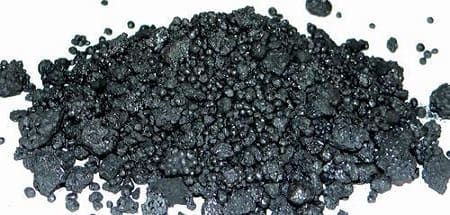Welcome To ChemAnalyst

Petroleum coke (PET coke), although banned in various countries, is to be used as a fuel due to its high carbon emission and is still widely used as an energy source in cement industries all over the world. It is also used for energy in Aluminum plants which is a major component of the evergreen electronics sector. Due to consistent rising demand from the cement and electronic industries, the need for PET coke is mounting globally.
The rising demand situation in cement and electronics has caused a pressure to increase the production of PET coke which is even worsened by the ongoing Russia and Ukraine war. Russia, being the second-highest producer of upstream crude oil has disrupted the PET coke production in various countries. The lowering inventories of PET coke abet the soaring prices of cement. According to German Statistics Office, the prices of cement rose by 5% in Feb 2022. The Spanish Cement association has stated that the demand for cement has increased by 14% since last year. In General, European countries have increased their cement usage and the demand for downstream cement shows no signs of slowing down in Europe.
But the downstream cement industry is struggling to meet the demand since the upstream crude oil prices are soaring. Most of Europe is dependent on Russia for crude oil and the war has caused a reduction in the supply of crude oil to Europe. To inflame the situation the sanctions imposed against Russia by a number of European countries (Netherlands, Belgium, UK) will lead to a stall or even stop the trade between those countries and Russia. This situation is causing a huge hike in cement and similar products in Europe.
According to ChemAnalyst, the demand for both downstream cement and electronic industries is likely to remain high and the prices of PET coke will remain high in Europe. The price will cool down only when the downstream industries switch to alternate energy source or sufficient supply of upstream crude oil, which is very unlikely owing to the current sociopolitical situation.
We use cookies to deliver the best possible experience on our website. To learn more, visit our Privacy Policy. By continuing to use this site or by closing this box, you consent to our use of cookies. More info.
